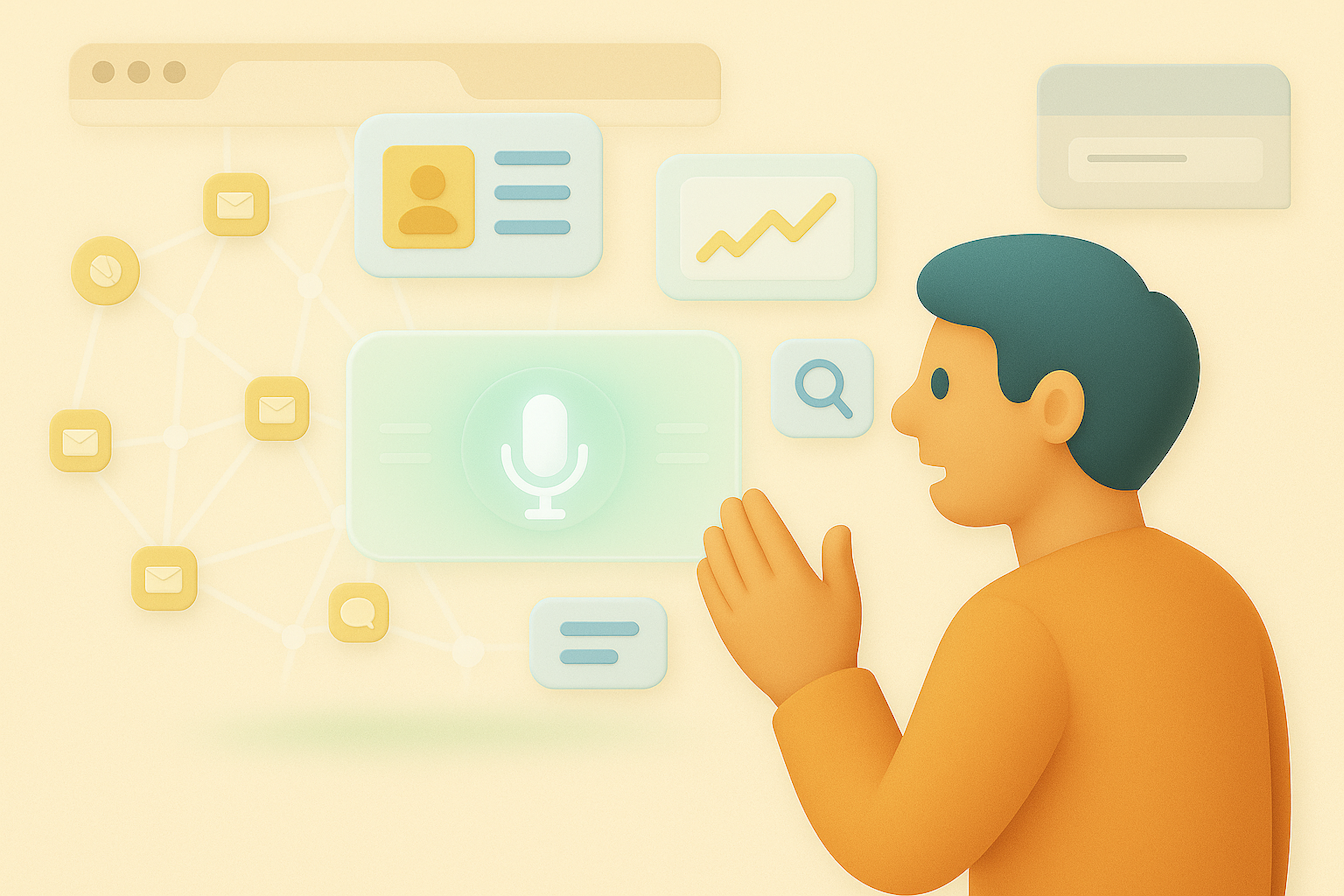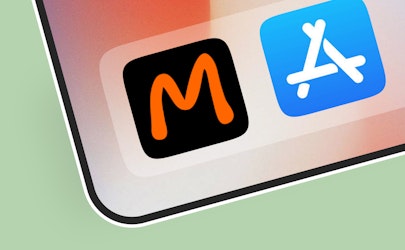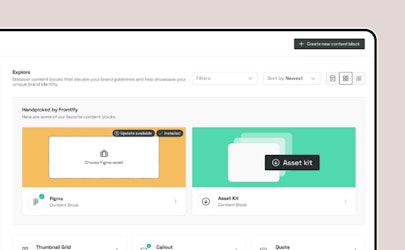Background
Cooperation between teachers is considered an important success factor for everyday working life and for students' learning processes. It is now a professional standard and part of teacher training. Nevertheless, many prospective teachers feel inadequately prepared for such collaborative activities.
How and with whom do students learn collaborative practices? This is precisely what the Lucerne University of Applied Sciences and Arts is investigating in the current research project - from a socio-constructivist and social-network-oriented perspective.
How the data collection setup works
Round 200 students from the primary and secondary level 1 study programs at the Lucerne University of Teacher Education are taking part. They visualize their personal learning networks in a Web app - so-called egocentric network maps.
Afterwards, the students discuss their map in an interview. And this is where our AI agent comes into play:
- One group discusses the map with fellow students.
- The other group conducts the interview with our Chatbotwho acts as a digital interviewer.
The chatbot is built in such a way that it takes on the role of a researcher and stimulating follow-up questions based on the contents of the network map and the answers given.






